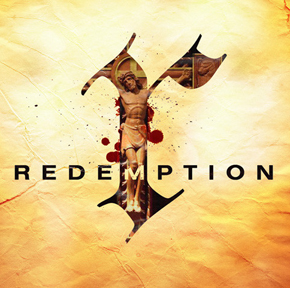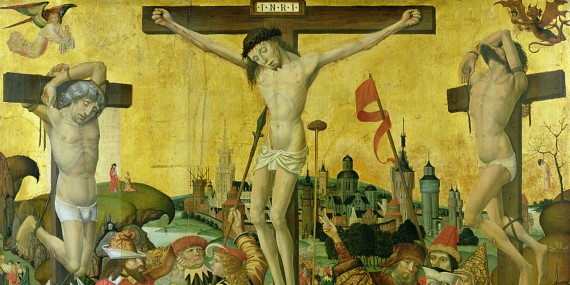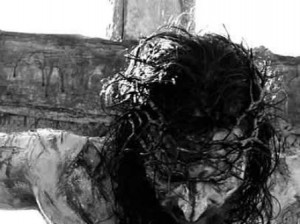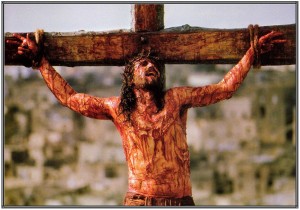Do you understand everything that occurred in the crucifixion of Jesus, and how central it is to your life and theology?
Whether you think so or not, let me introduce you to the cross of Jesus and how truly significant it really is.
For me, the death and resurrection of Jesus is the foundation to how I read and study Scripture. The cross is at the center of my theology. What Jesus did on the cross provides the pinnacle example of how Christians are to live our lives. Without the cross, there is no Gospel. And as Paul says, if Christ is not raised, our faith is in vain (1 Cor 15:17).

I have written a lot on this blog about the death and resurrection of Jesus, and some people have asked that I make these posts more accessible to readers. So to help you see the same thing, I have decided to make several of my central blog posts about the death and resurrection of Jesus available to people by email.
If you want to receive my posts on the crucifixion and resurrection of Jesus in your email inbox for you to read at your leisure, I have now created a way for you to do just that. To get started, add your name and email address in the form at the bottom of this post.
 The crucifixion and resurrection of Jesus forms the foundation for everything I write on this blog. Everything.
The crucifixion and resurrection of Jesus forms the foundation for everything I write on this blog. Everything.
What Jesus accomplished on the cross and through His resurrection is central to everything else. The death and resurrection of Jesus are not only central to Scripture and the Gospel, but are also central to learning (maybe for the first time) what God is like, and how we are supposed to live our lives as followers of Jesus.
By reading these emails, you are forming a firm foundation for understanding Scripture, theology, church, and life. You are gaining what I like to call “crucivision.” You will learn to see everything through the lens of Jesus Christ on the cross.
Fill out the form below to get started. I cannot wait for you to start fully understanding the significance of the crucifixion and resurrection of Jesus.
There are about 26 emails in this series, and you will get one every Friday, which means that by getting these emails, you can spend the next six months focusing your mind on “Jesus Christ and Him Crucified.” This will be revolutionary for you. See you soon!
The cross of Jesus is CENTRAL to everything!
Transform your life and theology by focusing on the crucifixion and resurrection of Jesus:
Fill out the form below to receive several emails from me about the death and resurrection of Jesus.
(Note: If you are a member of RedeemingGod.com, login and then revisit this page to update your membership.)










 How can a God who says "Love your enemies" (Matthew 5:44) be the same God who instructs His people in the Old Testament to kill their enemies?
How can a God who says "Love your enemies" (Matthew 5:44) be the same God who instructs His people in the Old Testament to kill their enemies?


 This interpretation of the cross makes God once again the violent perpetrator of this most violent of crimes. According to this view, God ordained the death of His Son because God demands the blood sacrifice of an innocent victim to appease His anger toward sin.
This interpretation of the cross makes God once again the violent perpetrator of this most violent of crimes. According to this view, God ordained the death of His Son because God demands the blood sacrifice of an innocent victim to appease His anger toward sin. On the cross, Jesus removed the veil from the power of sin.
On the cross, Jesus removed the veil from the power of sin.
 In
In  Up until the crucifixion of Jesus, and even in the minds of most today, humanity believed the essential lie of the devil, that if someone was attacking you, you attack back. If someone was threatening you, you strike first and strike hard.
Up until the crucifixion of Jesus, and even in the minds of most today, humanity believed the essential lie of the devil, that if someone was attacking you, you attack back. If someone was threatening you, you strike first and strike hard.